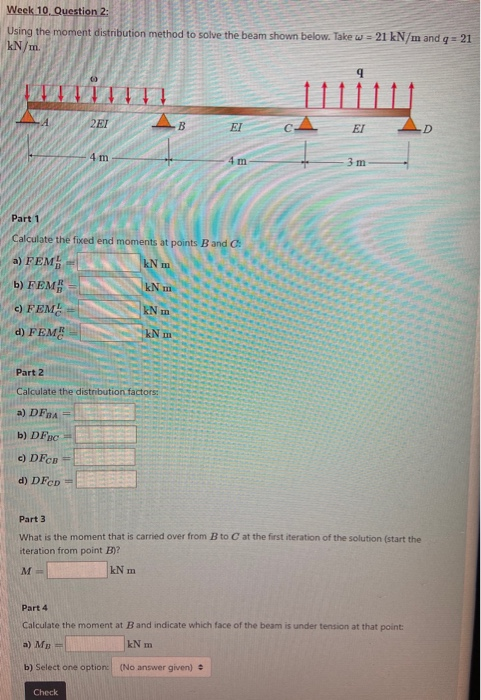Question
Susan Rieger heads Columbia University's Office of Equal Opportunity and Affirmative Action, and she has a tough case with Randy Raghavendra. He's an analyst at





Susan Rieger heads Columbia University's Office of Equal Opportunity and Affirmative Action, and she has a tough case with Randy Raghavendra. He's an analyst at Columbia's Office of Institutional Real Estate who got passed over for a promotion. The spot went to a younger white woman. Raghavendra, who's a dark-skinned Indian American, accused that "Columbia practices blatant racial discrimination and various deceptive tactics to keep out blacks and other dark-skinned minorities from higher-paying managerial and executive positions of power."
The case's specifics go back and forth:
1. Raghavendra points out that when he interviewed for the promotion, it had already been given to the white woman. His interview, therefore, was a "joke," as he put it, "a fake interview." The university answered that the hiring for that post had been handled by an outside headhunting company, which was a common practice at Columbia.
Assume the outside company did engage in discriminatory practices.
Does the fact that it's an independent enterprise cleanse Columbia University of responsibility?
Or is the university equally responsible?
Or is it actually worse that they're hiding behind an outside firm? Justify your answer.
2. An administrator at the university once asked Raghavendra, "Do you often get hassled at airport security?" The suggestion, according to Raghavendra, was that he looked like a potential terrorist. The administrator didn't deny the comment but affirmed that the idea that it was racist was "bizarre" and "silly beyond belief."
Who gets to decide whether a comment is racist?
How is the decision made?
Does or doesn't this conflict resemble the one you see on MTV videos where blacks openly refer to each other with a specific term that would earn a white person who used the word a lifetime ban from the channel?
3. What makes the case especially difficult for Rieger, the Columbia point person on all this, is that she's trying to balance discrimination claims while fending off a lawsuit herself. Her post had been occupied?on a provisional basis?by Zenobia White-Farrell, a black woman. Columbia offered to make the job permanent with a salary of $80,000. White-Farrell responded that she'd accept but only on the condition that the salary was upped to $100,000. Columbia offered only $83,000. White-Farrell resigned. Soon after, Columbia hired Rieger at a salary of $107,000. White-Farrell sued, alleging discrimination.
A. What factors could possibly have justified offering Rieger so much more than White-Farrell?
C. Assume that, strictly in terms of merit, Rieger deserved a higher salary than White-Farrell for the same job. Rieger had, say, more years of experience and a higher degree. Could you make a utilitarian argument that because the ethically right thing to do is just that which serves the general society's welfare, White-Farrell should have been offered $100,000, even though, again, strictly in terms of merit, she didn't deserve that much?





Step by Step Solution
There are 3 Steps involved in it
Step: 1

Get Instant Access to Expert-Tailored Solutions
See step-by-step solutions with expert insights and AI powered tools for academic success
Step: 2

Step: 3

Ace Your Homework with AI
Get the answers you need in no time with our AI-driven, step-by-step assistance
Get Started


